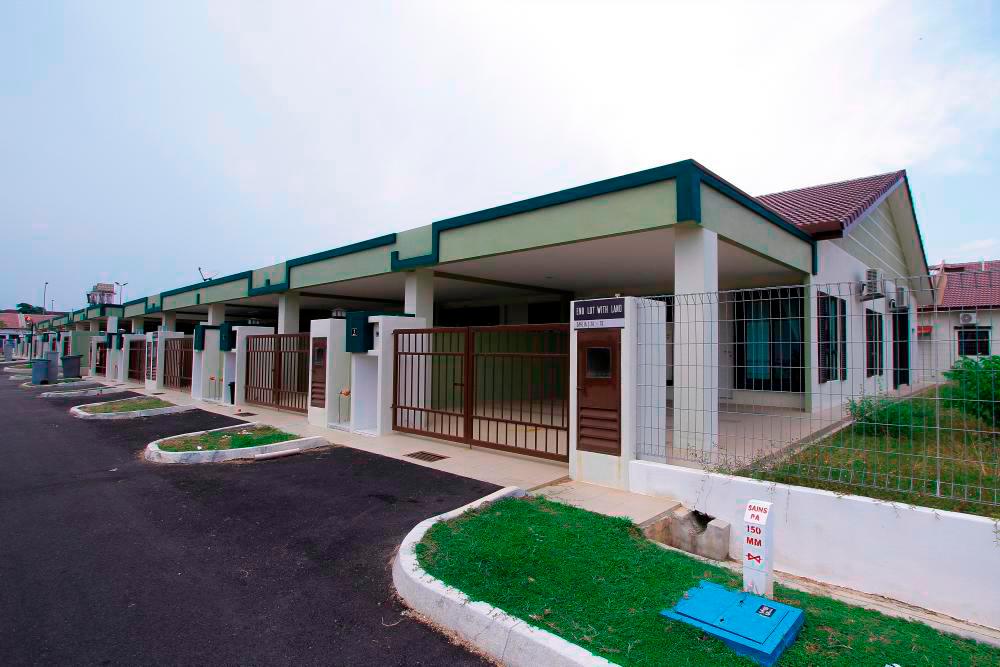PETALING JAYA: With the expected price increase in properties due to rising building material costs, the National House Buyers Association (HBA) has urged developers to be cautious of increasing profit margins as it may worsen the overhang, which stood at 36,863 units worth RM22.6 billion as of last year.
Former Real Estate and Housing Developers’ Association (Rehda) chairman Tan Hun Beng was reported to have said on June 20 that a price hike of between 5% and 20% involving residential properties was imminent due to higher construction costs.
“The hike in selling prices is inevitable as developers are already paying substantially more for their raw materials,” he said.
HBA secretary-general Datuk Chang Kim Loong said Malaysia was currently suffering from a triple whammy impact on the economy due to the Covid-19 pandemic, spillover effects of the war in Ukraine and a global increase in food prices.
“With Bank Negara Malaysia expected to increase interest rates to counter inflationary pressures, the average rakyat is expected to have less money to spend.
“HBA acknowledges that there has been an increase in the price of products across all sectors, including construction materials such as steel and cement.”
Chang said the increase will lead to a hike in prices of finished products, unless the seller was willing to sacrifice margins to maintain property prices.
“However, if housing developers increase prices by too much in the name of covering costs, this will just lead to more unsold properties.”
Chang urged property developers to be cautious when increasing their selling prices as the economy was still weak, adding that there was no point in raising prices if there are no buyers who can afford such properties.
“Developers should also offer steep discounts to offload current overhang units and assist house buyers to purchase properties.”
Based on studies by Khazanah Research Institute and Bank Negara Malaysia, the median property price is four times more than the median annual income in Malaysia, and is considered to be unaffordable by international standards.
“The average Malaysian today finds it almost impossible to buy his first home without financial support from parents. This situation did not exist 10 years ago, so the government needs to offer financial incentives to property developers to build and sell more affordable properties,” said Chang.
He added that there are schemes such as “Skim Rumah Pertamaku”, where borrowers with income of up to RM5,000 per month, or income of up to RM10,000 for joint borrowers, can opt for up to 100% financing without having to pay a 10% downpayment for property worth between RM300,000 and RM500,000.
“However, HBA has called for this scheme to be limited only to properties priced up to RM300,000, as housing developers would only want to sell properties priced around RM500,000, which is still deemed unaffordable as the ratio of price over annual income is 4.17 times more.
“For properties deemed affordable, the ratio of property price over annual income should be below 3.0,” he said, adding that affordable properties must be priced below RM300,000, with a minimum build-up of 900sq ft, excluding the balcony.
Chang said affordable residential properties must also be located in areas with good public amenities such as schools, hospitals, rail links and highway connections.
“Unless the government takes measures to encourage the construction of more affordable properties, Malaysia will end up like Hong Kong, where the majority of its citizens live in micro-apartments.”













